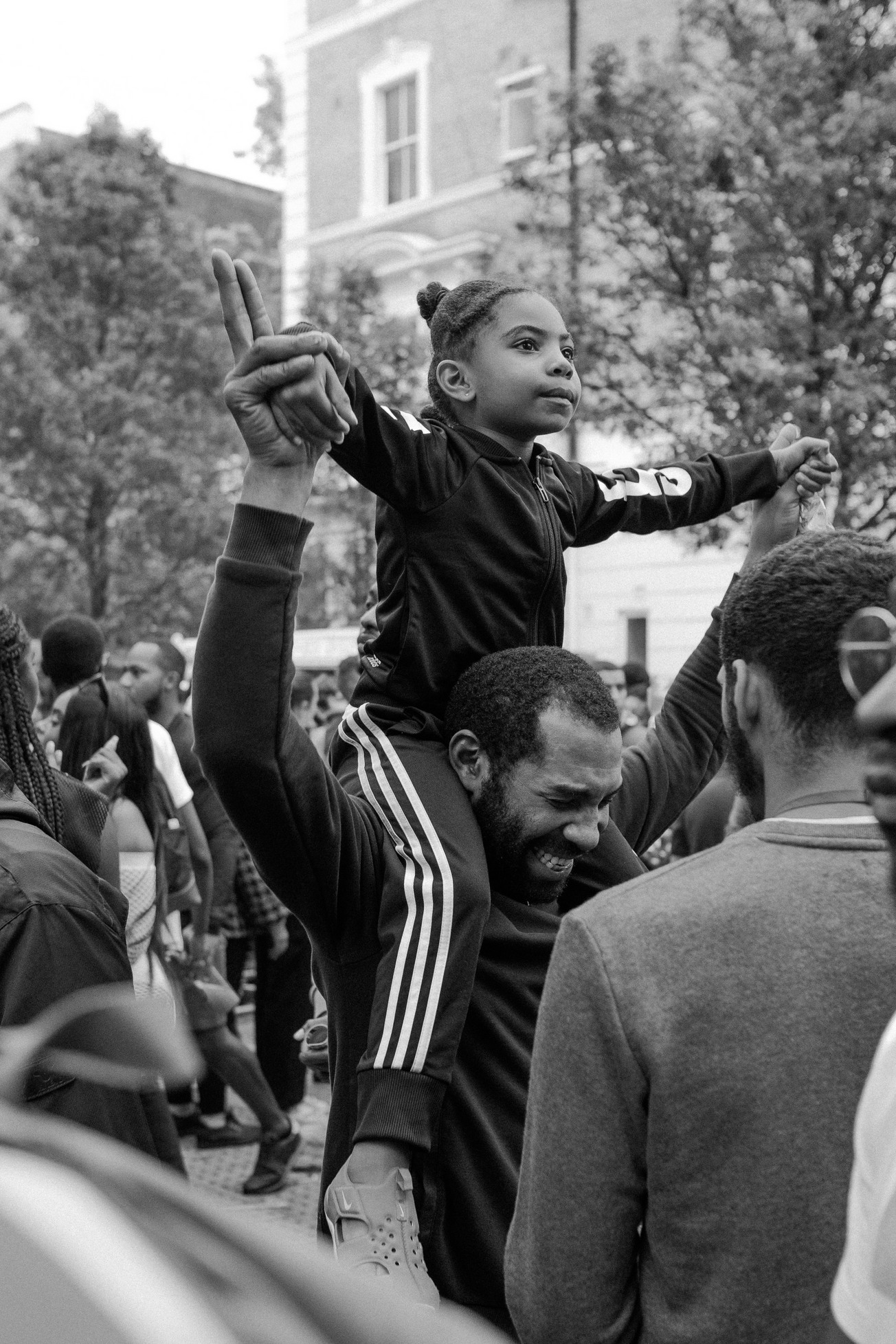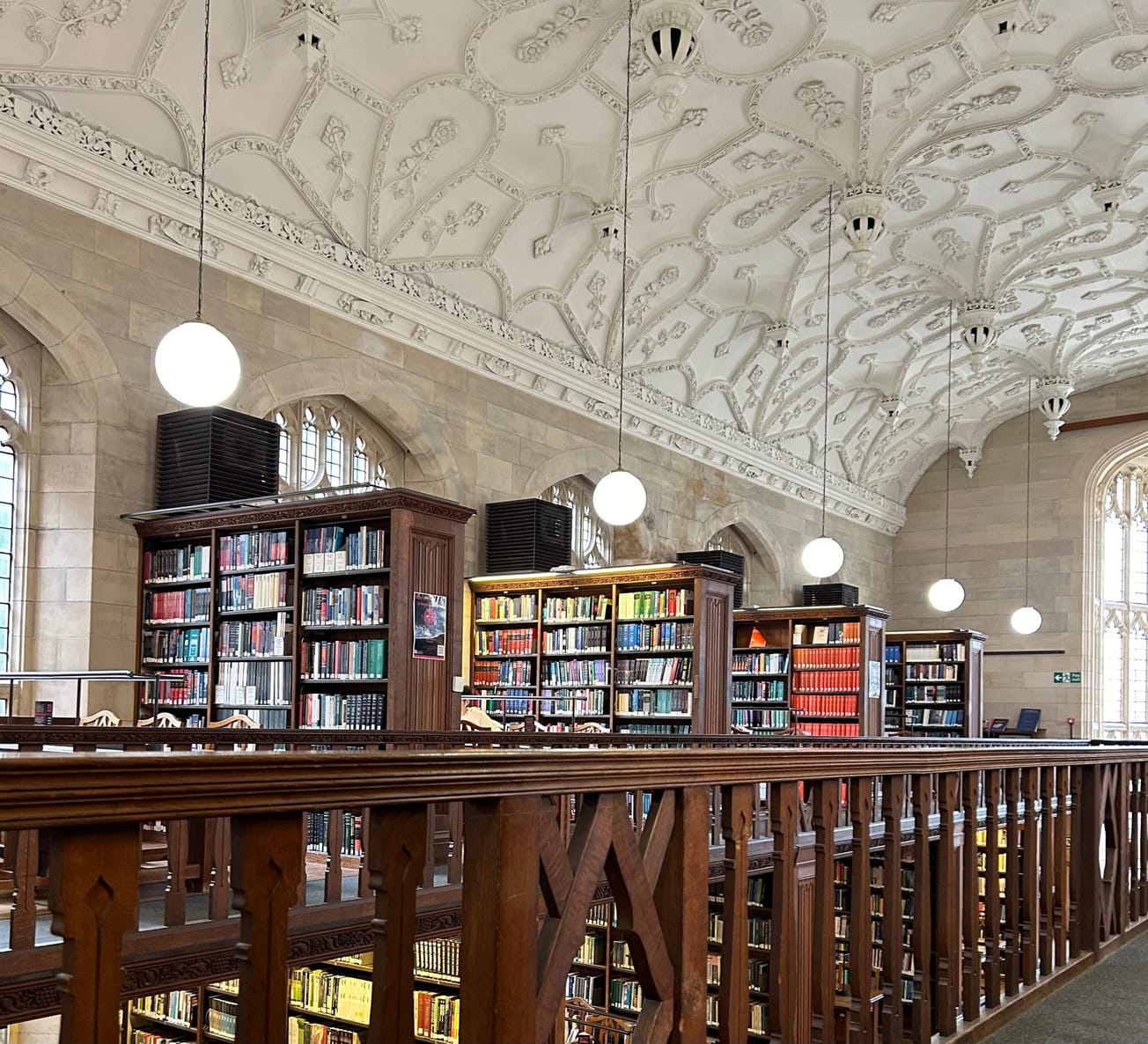By Joshua Edwicker, Fourth Year, Global Political Economy
Recent years have seen calls chastising ‘wokeness’ emanating from right-wing politicians such as Suella Braverman, Rishi Sunak and across the Atlantic, Ron DeSantis. One particular area subject to attack has been Black History Month. As we enter Black History Month (BHM), the fight for racial equality - nationally and globally - remains crucial. It is only when we understand the past that we can comprehend the present and shape the future.
BHM began to be celebrated in 1970 when it was formally created by black students and professors at Kent State University in Ohio. In the United Kingdom, BHM was first celebrated in 1987. Countries such as France and Ireland only started celebrating BHM in 2018 and 2010 respectively. Described by Cherron Inko-Triah as “a time of celebration, recognition and sombre reflection”, BHM provides a valuable opportunity to reflect on the role colonialism has played in shaping university curriculums, and how they are currently taught.
We must recognise the post-colonial world in which we live, especially as a University and how this translates into the production and reproduction of academia and knowledge. For example, calls for the University of Bristol to decolonise its curriculum have been shared throughout universities worldwide. This is of vital importance as we still inhabit a colonial sphere of historiography, where the historical narrative is dominated by white history, written by white historians who are often economically privileged and male. Thus, in a country where 44% of Britain’s were ‘proud of the Empire’, there is undoubtedly a serious need for an alternative view of history to be represented and taught in our schools.
This is why BHM is so important, it is about the chance for voices which have so long been oppressed, ignored and silenced to be heard, understood and respected. BHM offers a chance for those nationwide to reflect and educate. However, I argue that BHM does not go far enough. Without systemic educational change in this country, I fear that BHM may begin to appear tokenistic.
We teach our children about the Romans and Henry VIII’s wives but fail them by inadequately discussing the realities of Britain's relationship with race. We ignore the leading role Britain played during the slave trade, focusing on the abolition movement, failing to reference the Haitian Revolution or the crucial role of Black people in abolition. We ignore the treatment of the Mau Mau in 1950’s Kenya, where the British set up concentration camps, since labelled ‘Kenya’s Belsen’. We ignore the racism and fascism of the National Front in the 1970’s. We fail to adequately educate our children on Black History and therefore, British History.
The way in which the British Educational System misrepresents Black and by extension, British History has tangible effects. Black History is not so much in the past as the establishment would wish you to believe, segregation in America ended in 1964, and in South Africa, 1991. Represented commonly as ‘far in the past’, Black History remains subject to a conscious ploy which undermines efforts of reconciliation, absolves responsibility for enacting change and disregards calls for substantive reparations.
The Sewell report concluded in March 2021 that the “claim the country is still institutionally racist is not borne out of evidence”. Interestingly, after heading the report, Tony Sewell was awarded a life peerage in 2022 by the Conservative Party, make of that what you will. The claim by Sewell that the United Kingdom is free of institutional and structural racism is as ridiculous as it is dangerous. Much like the representation of Black History as antiquated, the 2021 Report, absolves the Government of the need to address structural inequality. To illustrate the ridiculousness of the claim that the United Kingdom is a paradigm of racial equality, please find below a selection of contrary evidence:
27.2/1000 Black people compared to 5.6/1000 White people were stop and searched in 2022.
Graduate Black workers ‘earn 23.1% less on average’ than comparative white workers.
Black people are three times as likely to be prosecuted for a crime than White people.
Whilst I could go on, I am sure that the evidence of structural inequality is evident to the majority of you, let alone accounting for the personal accounts of friends, family members or your own personal discrimination felt. The reality is clear, structural inequality, glass ceilings and biases for the Black community remain prevalent in Britain. Those of us who experience white privilege have a responsibility to educate ourselves on the causes of the inequalities we see around us today.
Change starts with education. Change starts with understanding. Change starts with reconciliation. We can only hope to change the structural inequalities within our society with widespread institutional reform. Consequently, BHM must be conjoined with genuine reform into our countries' institutions, be that the police, NHS or educational system. It is not enough to limit the attention on these inequalities to one month out of the year. This is why Black History Month is so important, it is the first step on a long road of necessary change, representation and education, but it must be mirrored by genuine tangible policy changes.
Featured Image: Glodi Miessi/ Unsplash








